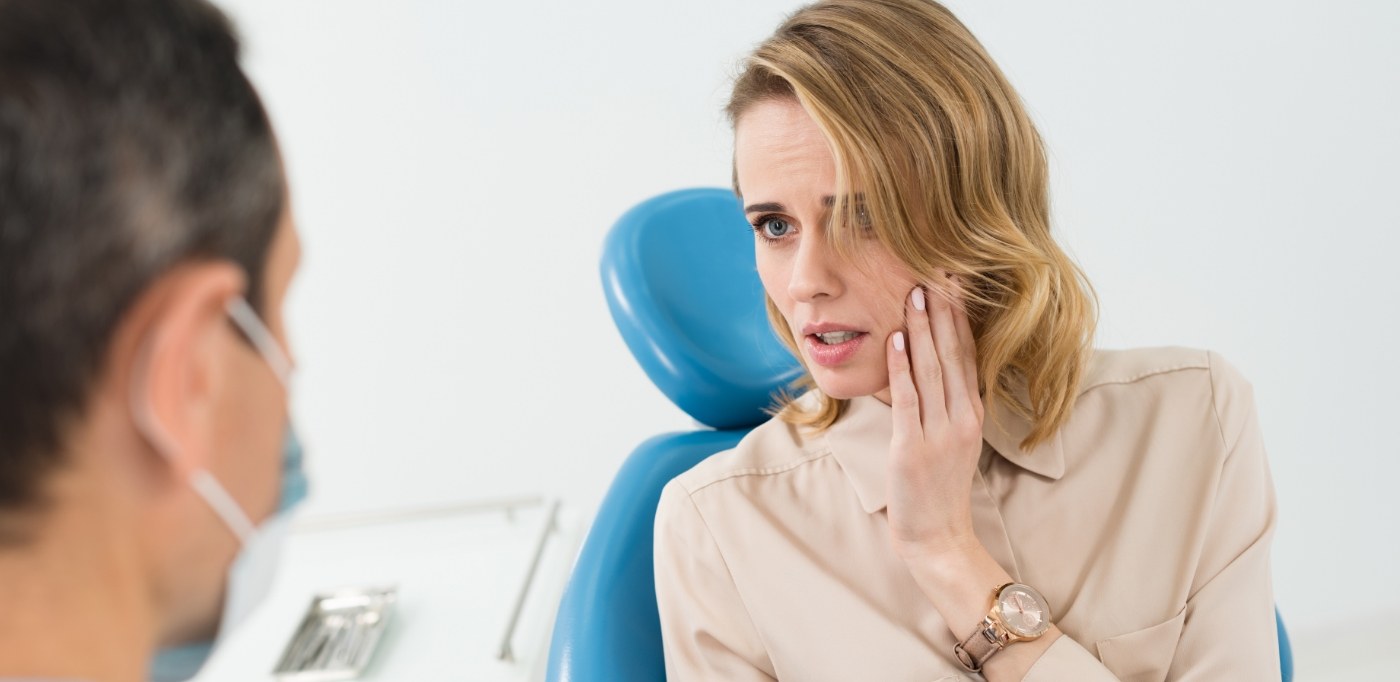Emergency Dentist Baytown
We Can Treat Dental Injuries, Toothaches, and More
When dental emergencies strike at inopportune times, you need the support of an experienced and dedicated team to help you regain a complete, pain-free smile. Dr. Hutto and the rest of our team at Aesthetic Family Dentistry are here to assist you and your loved ones without delay. We make time in our schedules as soon as possible to accommodate emergencies, relieve pain, and get your oral health back on the right track.
Many patients are tempted to visit their local ER when faced with a dental emergency, and they usually end up having the same experience: they wait. Most ERs are very crowded and will not prioritize dental problems unless a patient is bleeding uncontrollably. That means for most, they get to spend their time in pain and without help. At Aesthetic Family Dentistry, however, emergency patients always come first.
In need of urgent dental care? Please don’t hesitate to contact our emergency dentists in Baytown.



